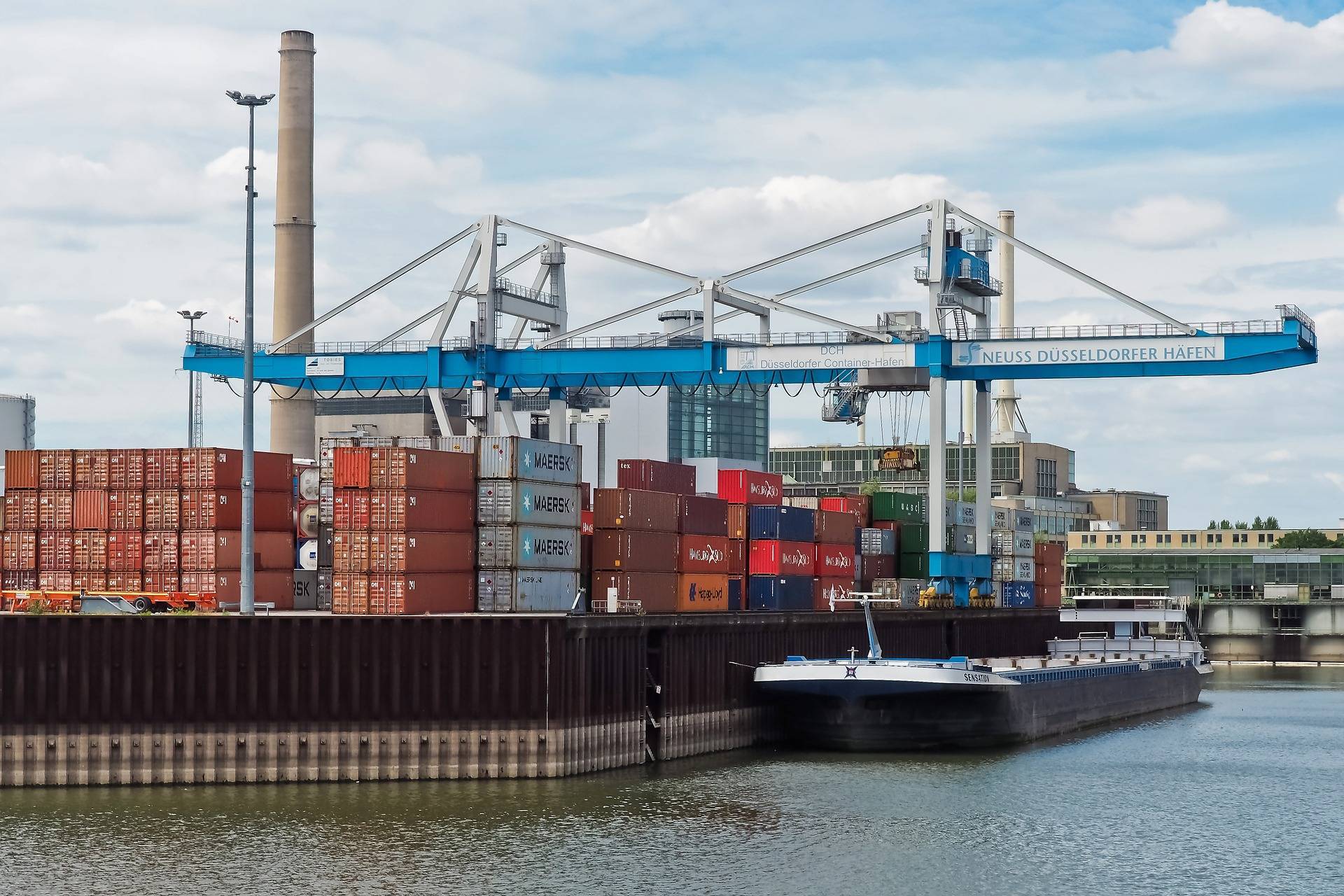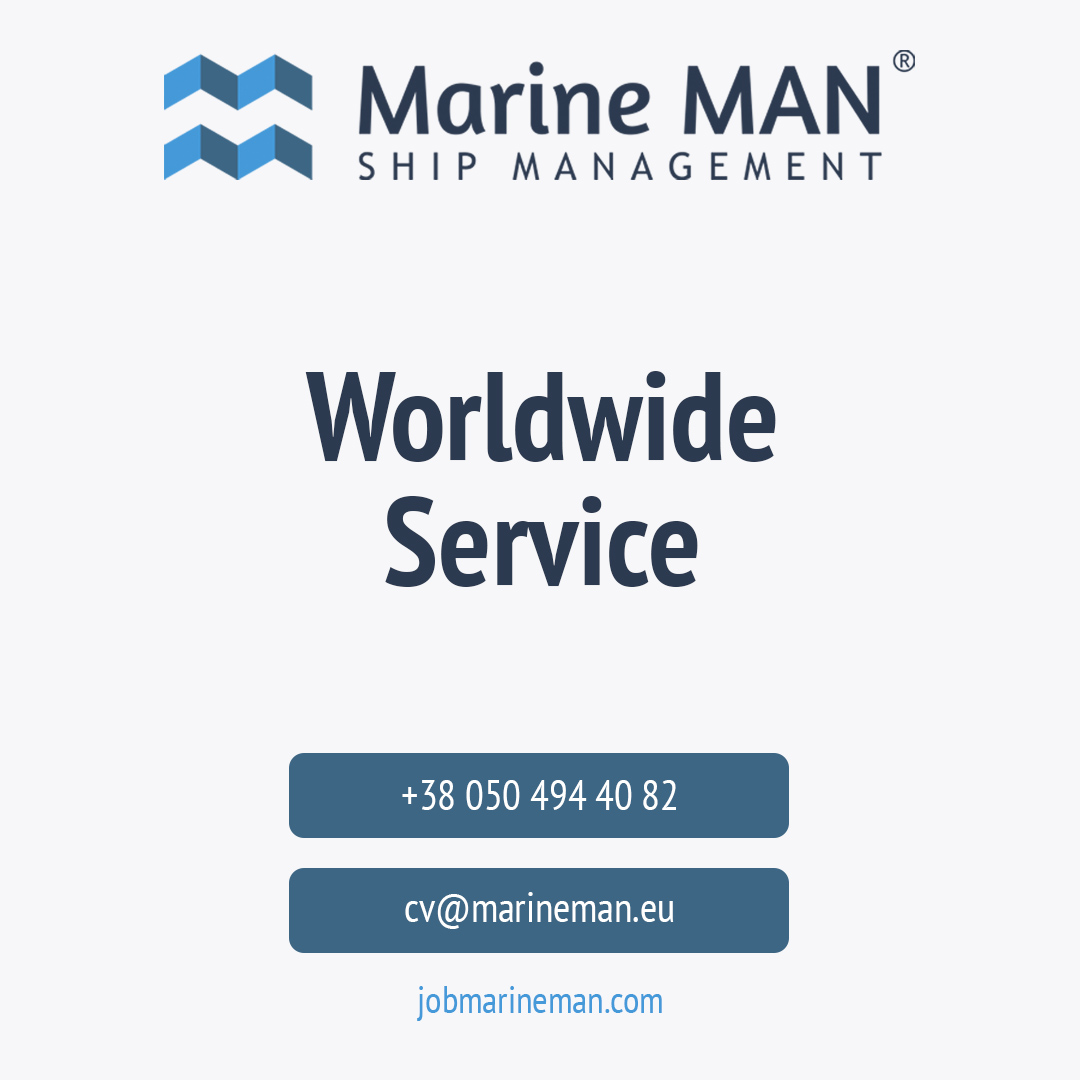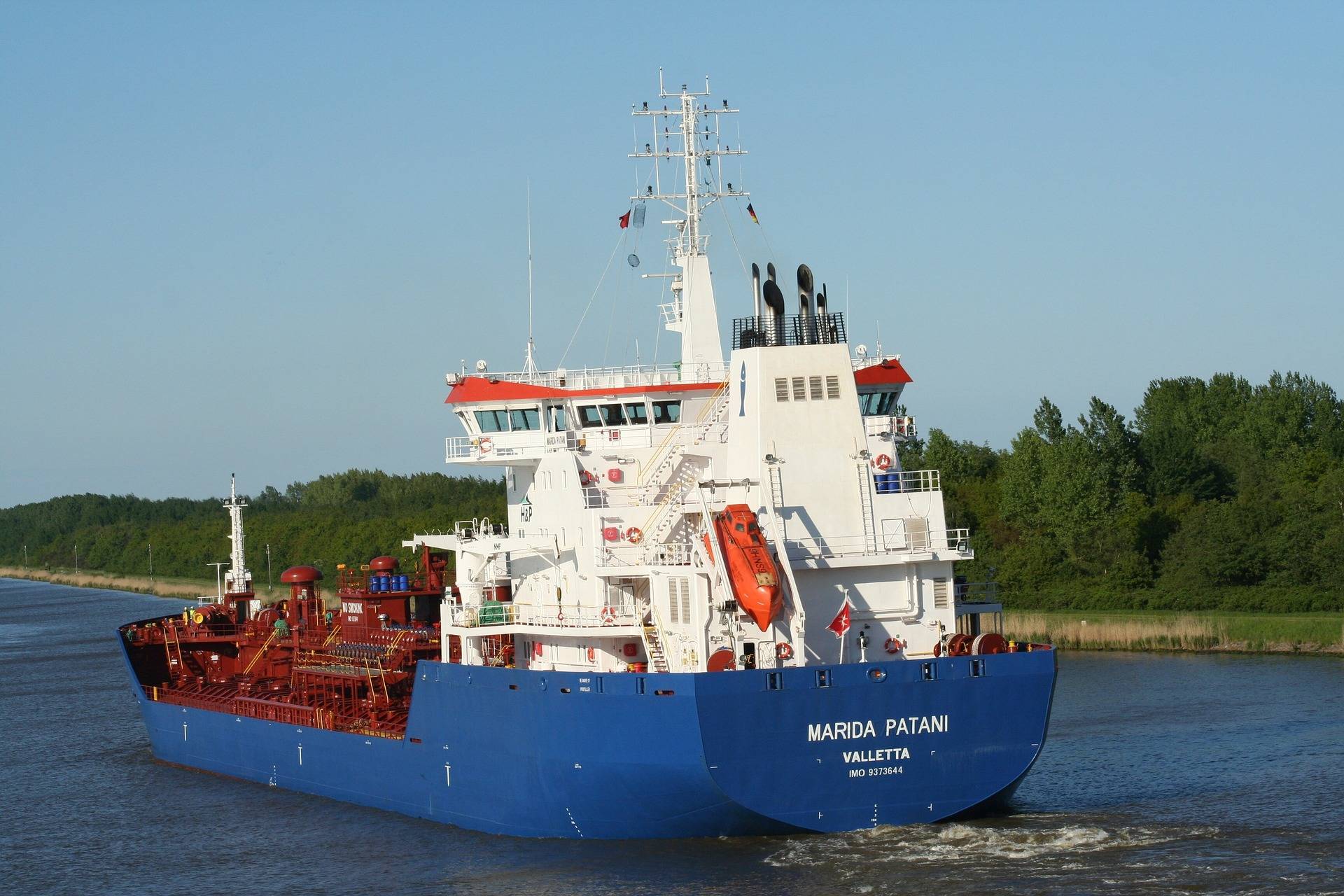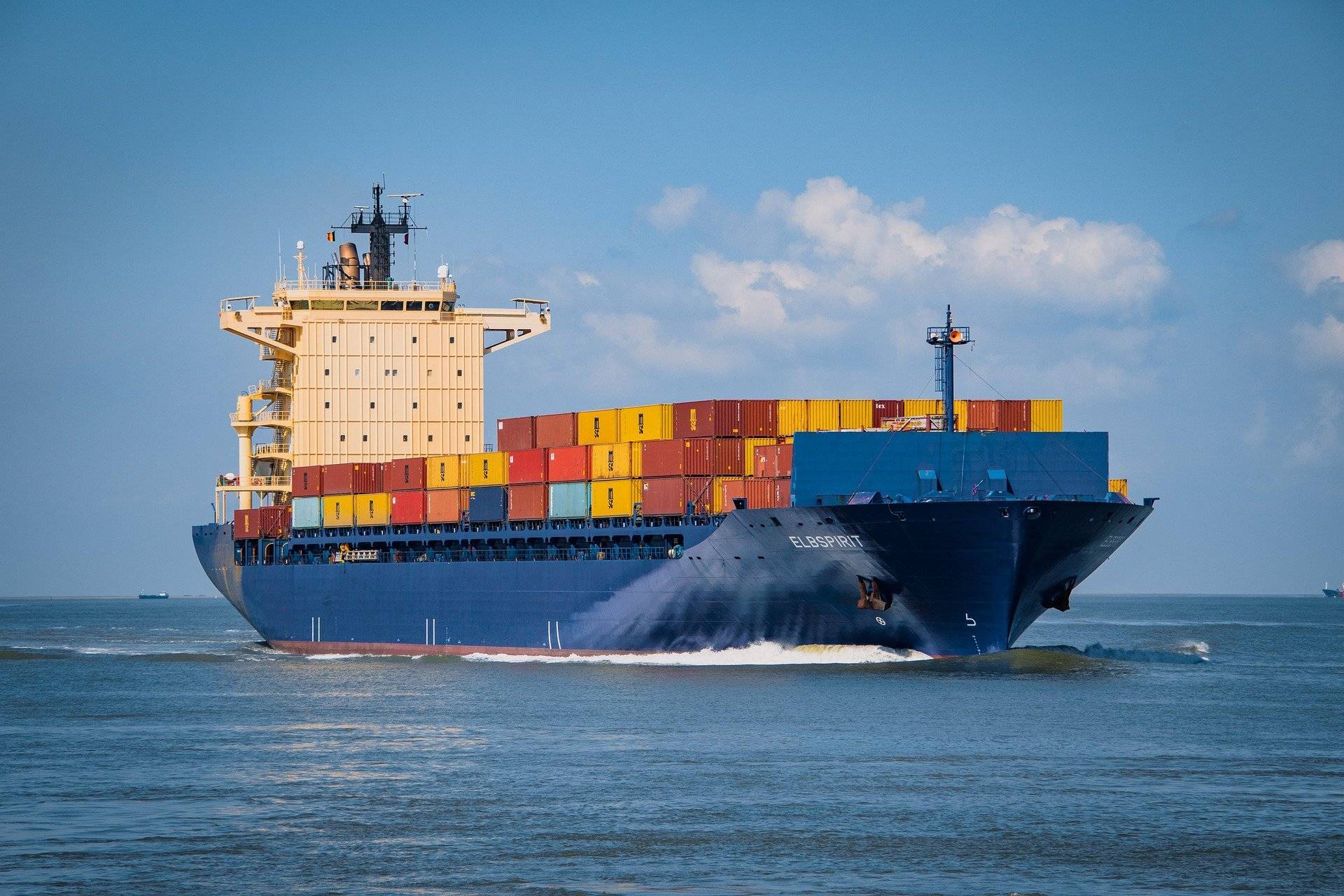Unions and ITF

Automatic translation
ITF (International Transport Workers` Federation) is an international organization created by trade union workers in the transport sector back in 1896. Today, under its foundations, it brings together over 5 million workers in the maritime industry, united in more than 600 trade unions in 140 countries around the world.
Key tasks
The key tasks performed by this organization are similar to those undertaken by the seafarers' trade unions, namely: the strict observance by shipowners of the requirements for protecting the rights of seafarers, providing the necessary assistance to representatives of the transport sector in certain situations, the struggle for a peaceful existence in all territories, assistance their associates and union members to provide appropriate assistance and research to raise the awareness of all their members.
To meet its objectives, the ITF works in close cooperation with other global organizations whose goal is to regulate and respect workers' rights: the International Labor Organization (ILO), the International Maritime Organization (IMO) and the Organization for International Cooperation and Development.
As one of the methods of lobbying its interests, the ITF has chosen to conduct international campaigns aimed at re-evaluating the safety, duration and remuneration of transport workers. The longest-running campaign is aimed at resolving the situation with flags of convenience, which began in 1948 and continues to this day.
 Resolution on promoting global visa policy
Resolution on promoting global visa policy
ITF meets at congresses every 4-5 years, where it discusses and makes decisions on the most pressing issues in the transport industry. Applicable to seafarers, at the last congress in Singapore in 2018, the following resolution was adopted to promote the global visa policy for seafarers (hereinafter quoted from the resolution):
- Recalling the Maritime Labor Convention, 2006, which sets out the rights of seafarers to decent working conditions and provides comprehensive protection for seafarers' rights worldwide;
- Bearing in mind that seafarers are subject to other ILO instruments, including the revised version of the Seafarers 'Identity Documents Convention (2003) (No. 185), which introduced modern security features in seafarers' identity documents to help resolve the urgent issue of identity. seafarers are denied admission to the territory of countries visited by their ships for the purpose of shore leave and transfer, as well as going to join ships or change ships;
- Recognizing that seafarers are a unique type of traveler who need a fast and flexible visa application and issuance process in order to go to work at sea and return home after completing a business trip by taking shore leave;
4.Note with concern that for several years now, seafarers from labor supplying countries have faced serious practical difficulties in obtaining a visa to enter, re-enter or transit to other countries, including the Schengen states, due to procedural difficulties, differences in interpreting rules that cause serious administrative and operational difficulties for seafarers and their employers;
- ITF urges that every effort be made to simplify the visa regime for seafarers to join and leave ports around the world. Requests all interested affiliates to lobby their national administrations and international organizations interested in implementing the revised version of the Seafarers' Identity Cards Convention (2003) (No. 185). This will create a visa-free option and, for the seafarer, an internationally recognized SID. The SID, together with a valid crew list, should be sufficient for transit through ports around the world.
This is just one of the few issues regulated in the maritime industry through the ITF. It is largely thanks to this organization that the rights of seafarers are successfully defended in all corners of the globe.

